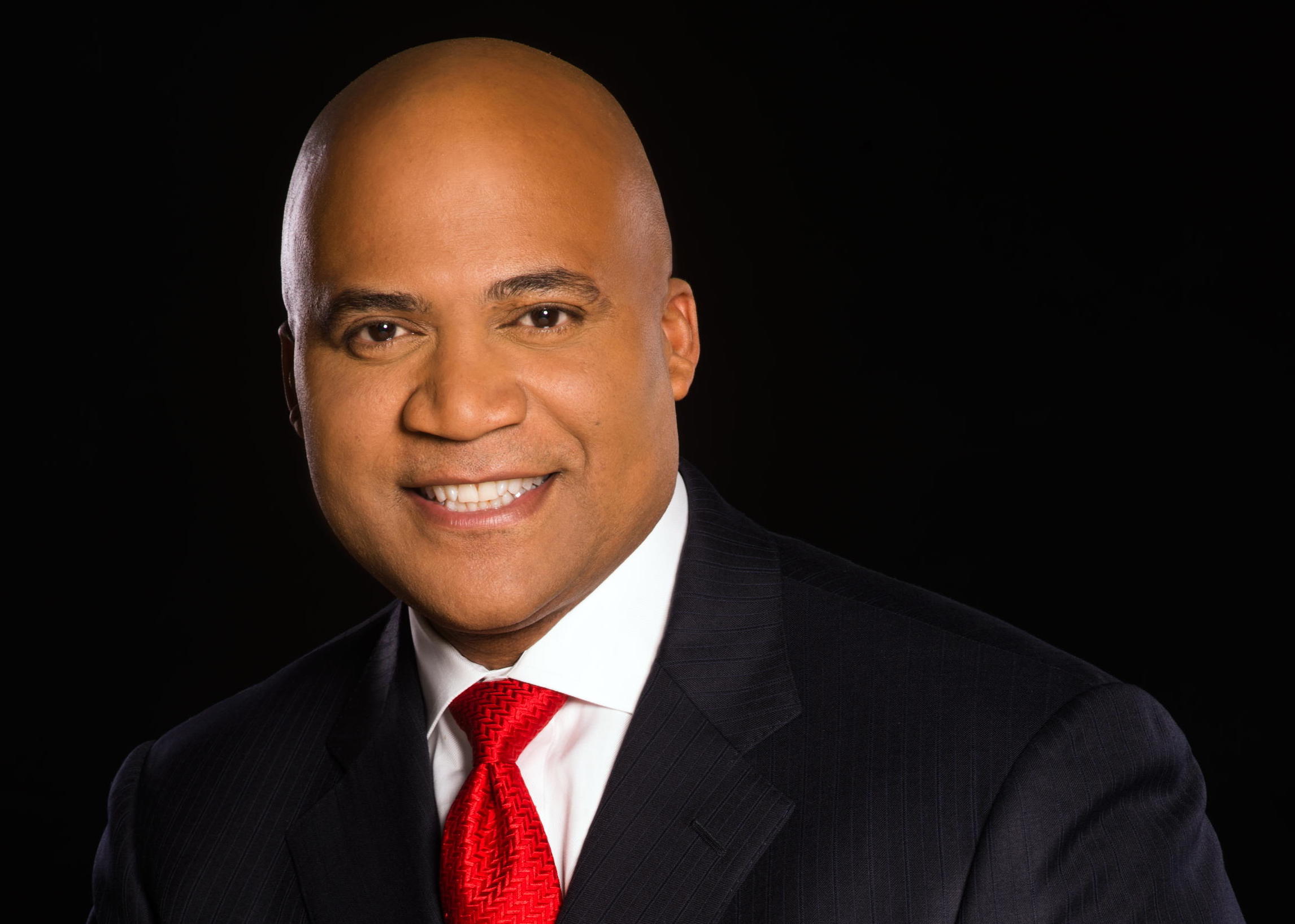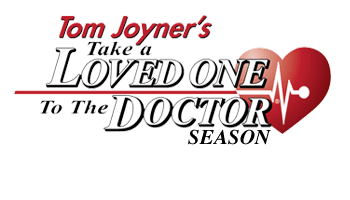
Dr. William A. Cooper, M.D. is the founding medical director of Cardiovascular Surgery at WellStar Health Systems which is rated among the top 15% of cardiac surgery programs in the U.S. He graduated from the 6-year BA/MD program from University of Missouri-Kansas City School of Medicine. He completed postgraduate training in General Surgery and Cardiothoracic Surgery at Emory University. He also received his MBA from Emory University, Goizueta School of Business.
Dr. Cooper’s work has been published in national, peer-reviewed journals. He is also a Colonel in the U.S. Army Reserves where he has served for 30 years and has completed 3 tours in support of Operations Iraqi Freedom and Operation Enduring Freedom. In 2014 Atlanta City Council President named him to the City of Atlanta’s Commission of Veteran’s Affairs. He and his wife live in the Atlanta area with their children.
He is a proud member of Omega Psi Phi Fraternity, Inc.
His book Heart Attack: Truth, Tragedy, Triumph deals with real life families battles of heart disease, cancer and other obstacles, and how he and the people profiled overcame those obstacles. He wrote the book to empower people to take charge of their lives and not allow obstacles to deter them from their greatness.
His mission is to save lives of African-Americans by empowering and educating them to live more heart healthy through a non-complicated approach.Heart disease kills more people each year than all of the cancers combined. Each year over 500,000 Americans have open-heart surgery. 85% of heart disease related issues are preventable by developing proper healthy eating habits, routine exercise regimens and getting adequate rest.
Dr. Cooper answers your questions below.
I’m a 47-year-old Black man and need to see a doctor. Where is Dr. William Cooper’s practice so I can become a client as well as get checked out. It’s been a few years since I have had a physical.
61 Whitcher St, Suite 4100, Marietta, GA 30060. For appointments, call 770-590-4180.
I‘ve been on the following meds: Lisinopril & HCTZ for 5 yrs. I work a 12 hr. shift. (I walk 2 times a week-5 miles) Do you think at some point I will be able to get off of these meds?
I doubt it. But you can keep the dosage low with good choices. I am on the same meds. I work, basically 24/7. I exercise 5-6 times per week regularly. I have a good nutrition plan, I don’t smoke and I maintain a healthy weight and I am still on high blood pressure meds. My blood pressure is UNDER CONTROL, that’s the important point. There is no cure for primary high blood pressure, but there is CONTROL.
My heart disease is attributed to sleep apnea. I’m taking blood pressure and water pills for my heart and now using a CPAC machine. Will I ever be able to stop the medications?
Probably not, but you can perhaps reduce the need for meds with exercise and weight loss. Sleep apnea is one of many risk factors for heart disease. It is not the only one. What is your weight? Are you exercising? Do you smoke? These too are risk factors and should be controlled if you are to reduce the need for medications.
My dad was recently diagnose with astemic heart disease. What is that?
ISCHEMIC heart disease is another term for atherosclerotic heart disease. It just means a lack of blood flow and oxygen due to buildup of plaque in the arteries.
How significant are calcium scores? Do you believe in them since most insurance companies will not pay for them?
CT scans can detect calcium build up in the wall of arteries. It just means you are at increased risk of developing cardiovascular disease. Insurance does not pay for them for a number of reasons but I can’t speculate one specifically.
Is smoking related to heart disease? ABSOLUTELY!
My dad had 2 open hearts. He currently Has a defibrillator and I can’t tell you how many stents. He was recommended to have a heart transplant He is 70 but he looks pretty strong. But I wonder how dangerous is this procedure?
ALL surgeries carry some risk. It is a matter of assessing your specific risk versus the potential benefit in lifestyle and quality of life.
Are there signs of heart disease?
Shortness of breath, palpitations, chest pain, swelling in the hands or feet, just to name a few.
I have a family history of diabetes, high blood pressure and high cholesterol. I am 68. With exercise and diet I have been able to elude the first 2. It doesn’t seem to help lower the cholesterol. I can’t take statins. What else can I do?
Think about increasing fiber in your diet.
With heart disease in my family, what kinds of exercise do you recommend to help combat the disease for me?
30 minutes at maximum heart rate- 220-age for men multiplied by 0.85 for women, 6 days a week.
What causes you to have AFib?
Heart disease, caffeine, smoking, obesity, alcohol to name a few.
How many days/weeks/months of CONSISTENT cardio exercise is needed to jump start your heart to a healthy condition?
30 minutes at maximum heart rate- 220-age for men multiplied by 0.85 for women, 6 days a week.
What are some NATURAL super foods you’d recommend?
No such thing. Just eat healthy, clean, largely plant-based diet and that is all you need.
I have a soon to be 37-year-old niece who was diagnosed and treated for hypertension starting at the age of 9. Is that an indicator of heart disease and is there statistics available about the occurrence of heart disease in children?
GREAT QUESTION! This is a big issue and one that parents should not take lightly. Go to the American Heart Association website: heart.org and the American Academy of Pediatrics website for more information on this topic.
I’m a 49-year-old female that exercises regularly. I’ve been tracking my resting heart rate with my Fitbit and noticed it goes from 68 up to upper 70s when I’m not doing a lot of cardio, is it normal to fluctuate?
Only 68 with cardio? That’s unusual. I’m assuming you mean 170, perhaps. This would be a normal response to exercise. A low heart rate during maximum cardio is NOT good. If that is the case get it checked out immediately.
I recently had an EKG done as part of my pre-op for knee replacement surgery, results are lower chamber not firing as quickly as it should. I was told there is no concern. Should I be concerned?
I’d need more context, but make sure you get another opinion.
What is considered a healthy resting heart rate for women in my age range(49)? I’m not doing a lot of cardio, is it normal to fluctuate?
Yes it does. and resting heart rate can be anywhere from 50s to 100, but no lower or higher in most normal people and yes, it can fluctuate.
I’ve been having back and knee pain that makes walking difficult. Last night, I was awakened several times from heavy heart beating. Scared me. Are there any cardiology resources for those with no insurance? Was very active in tennis and bowling, speed walking.
Yes, check with your local public health or county health service. There is always someone willing to help.
I have glaucoma. I take eyedrops that have a beta blocker. Can this cause me to have heart problems if I’ve never had heart problems?
No.
Are Afib and heart murmurs the same thing?
No. Afib is an irregularity of the heart beat. A MURMUR is noise heard during the heartbeat.
I’m a 38-year-old female who started experiencing anxiety attacks last year. What effect, if any, can this have on heart health?
There are many health effects of anxiety and stress, particularly, high blood pressure and coronary artery disease. I recommend getting intense treatment for this condition.
If I am alone and have a heart attack, is there anything I can do, or take, to help save myself? I have a family history of heart attacks (brothers, dad, both grandfathers). I’m a Black female, 61, bp and cholesterol under control w meds.
YES, In my book, HEART ATTACK: TRUTH, TRAGEDY, TRIUMPH, the last chapter discusses what to do when a heart attack hits you. Check it out on my website: www.drcoopmd.com.
Dr. Cooper, thank you for your commitment to eradicating heart disease that’s due to (or complicated by) poor lifestyle choices. Can you shed some light on having an ‘enlarged heart’? i.e. What is it and what can a person do about it?
YES, In my book, HEART ATTACK: TRUTH, TRAGEDY, TRIUMPH, the chapter on “Heart A Tactics” addresses this issue and many others related to heart disease and an enlarged heart. Check it out on my website: www.drcoopmd.com.
PHOTO: Courtesy of Dr. Cooper

















